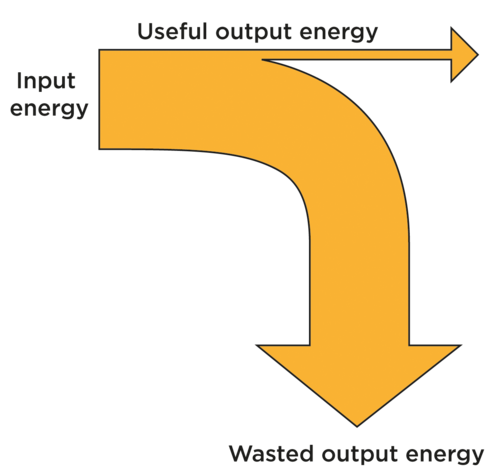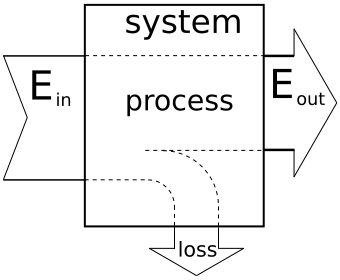bdbdbd said:
Organised belief in god is on the decline worldwide, but it's been replaced with other belief systems, that people take as religions.
Even if the number of religous people would be going down in numbers, the extremism is on the rise and spreading worldwide. If the people are happy under the extremist conditions, I'd suggest them staying there where they are happy. But they don't, which leads us to two possible conclusions: 1. They aren't happy there, 2. These extremists are a threat to mankind.
Religions, like any other ideology, tries to force you to accept their sets of beliefs, if you don't, you don't deserve to live or you deserve to live only as slaves for the righterous.
I see your religious mindset gives you faith in science. Science doesn't work that way. It's only about if the benefits of science outweight the harm. Why would the nanomachines benefit your immune system? Is there something wrong with it, that it can't make it by itself? Why would you let a car to drive by itself, how it is better than you driving the car yourself?
|
The best example of what most would consider 'extremist' nations ruled by religion would be many of the Middle Eastern nations. While you will most definitely find many who dislike the ruling religious elite, you will also find a major % of the populace who like the system and fault the rest of the world for not being more like their nation and/or their variant of religious practice. However, you have zero evidence to show how this is a "threat to mankind". It is a threat to their citizens definitely. It is potentially a threat to some localized regional war. However, there is absolutely zero threat to humanity.
I don't have "faith" in science. Science doesn't work on faith. It works on testable and repeatable observation and tests to define facts. It is a fact that life has evolved over millions of years. It is a fact that large dense objects have gravitational forces. However, Science is not perfect and humans make mistakes. It is the possibility of the risk from the mistake that creates a larger potential threat to humanity than any small fraction of religions zealots.
I'm not sure if you asked these questions for some rhetorical reason or if you really don't know what the possible benefits are, but I chose to answer.
"Why would the nanomachines benefit your immune system?"
- Well, if our immune system was already perfect, I wouldn't get sick, cancer, allergies, etc. Not to mention faster healing from wounds or broken bones. The possibilities that nano machines could do for our amazing yet continuously evolving biological bodies is immense.
"Why would you let a car to drive by itself, how it is better than you driving the car yourself?"
- Self driving vehicles are already demonstrating that they are safer as they remove the human element. Will these systems still have failure and cause accidents? Of course. However, the rate at which accidents happen and the number of people that are hurt or die while driving will plummet as self-driving technology becomes the standard.










































